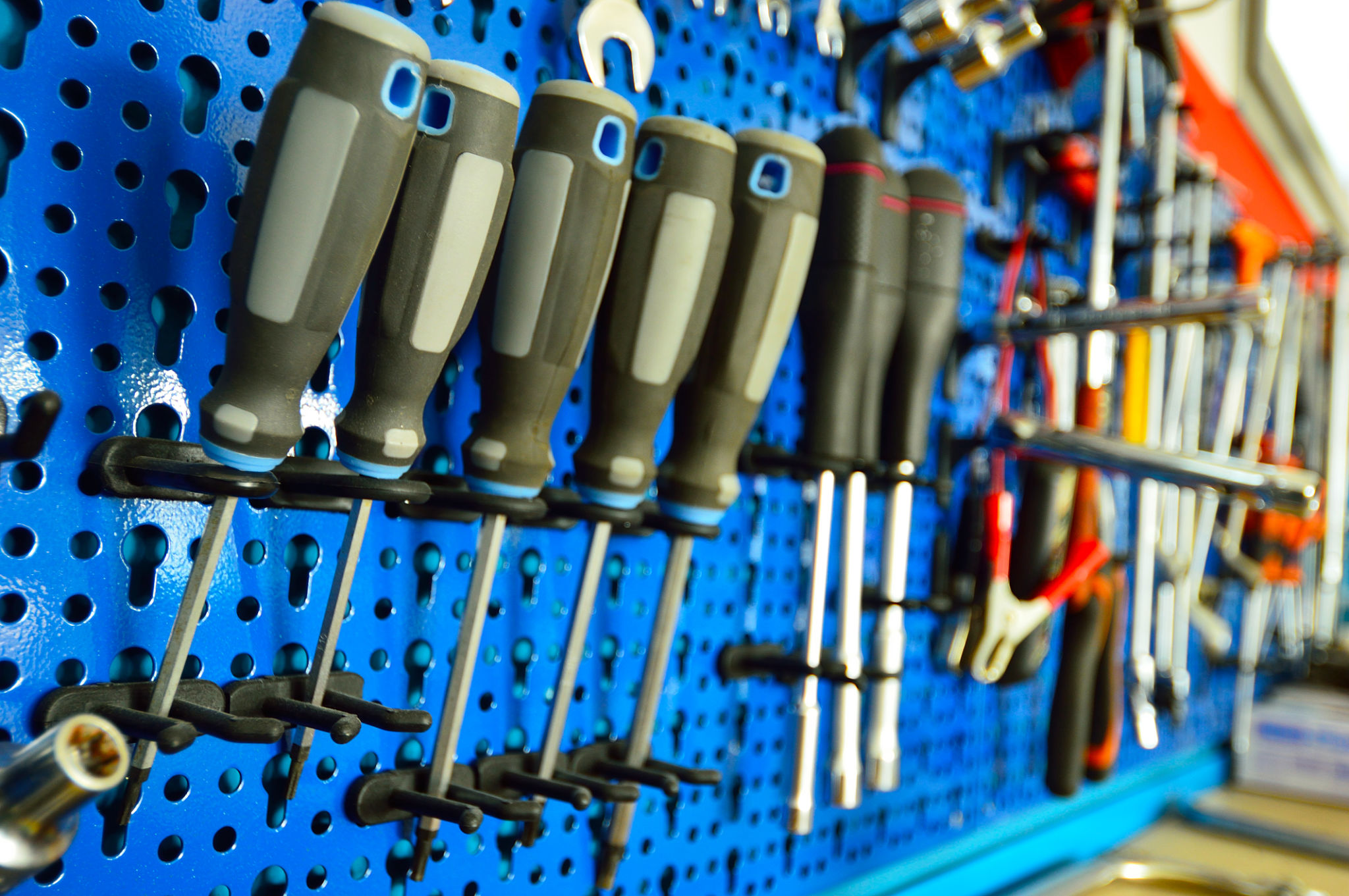DIY Car Troubleshooting: When to Call a Mechanic
Understanding Basic Car Troubleshooting
Troubleshooting car issues can often feel daunting, especially if you're not familiar with the inner workings of your vehicle. However, tackling some basic troubleshooting on your own can save you time and money. In many cases, simple problems can be resolved without the need for professional assistance. By understanding what to look for, you can better determine when it’s time to call a mechanic.

Common Car Problems You Can Diagnose
Before heading straight to the mechanic, there are several common car issues you can check yourself. Here's a list of some typical problems and how to diagnose them:
- Flat Tire: Inspect your tires for punctures or low pressure. A quick visual check or using a tire pressure gauge can help you identify if your tires need attention.
- Battery Issues: If your car won't start, it might be a battery problem. Look for corrosion on battery terminals and ensure they are tightly connected.
- Check Engine Light: This light can indicate a range of issues. Use an OBD-II scanner to read the error codes, which will give you a clearer picture of the problem.
When DIY Solutions Aren't Enough
While many minor issues can be fixed at home, some problems require a professional touch. Here are situations where calling a mechanic is the best course of action:
- Strange Noises: Unusual sounds such as grinding, knocking, or squealing often indicate deeper mechanical issues.
- Leaking Fluids: Not all leaks are serious, but if you notice significant fluid loss, it's important to have a mechanic diagnose the source and severity.
- Brake Problems: If your brakes feel spongy or unresponsive, it’s crucial to get them checked immediately for safety reasons.

The Importance of Regular Maintenance
Regular maintenance can prevent many common car issues from arising in the first place. Keeping up with oil changes, tire rotations, and brake inspections can extend the life of your vehicle and reduce the likelihood of unexpected breakdowns. It's important to follow your car manufacturer’s maintenance schedule to keep everything running smoothly.
Tools Every Car Owner Should Have
Having the right tools on hand can make DIY troubleshooting much easier. Consider investing in these essential items:
- Tire Pressure Gauge: Essential for checking tire health and ensuring safe driving conditions.
- OBD-II Scanner: Handy for diagnosing engine light issues by reading error codes.
- Basic Tool Kit: A set including screwdrivers, pliers, and wrenches can help with minor repairs.

Knowing When to Call for Professional Help
Even with a solid understanding of DIY troubleshooting, there will be times when professional expertise is required. If you're unsure about the severity of an issue, it's better to err on the side of caution and consult with a mechanic. They have the training and experience to address complex problems efficiently and safely.
In conclusion, while DIY troubleshooting can be rewarding and cost-effective, recognizing when to seek professional help is crucial for maintaining your vehicle's performance and safety. By balancing both approaches, you can ensure that your car remains in top condition for years to come.